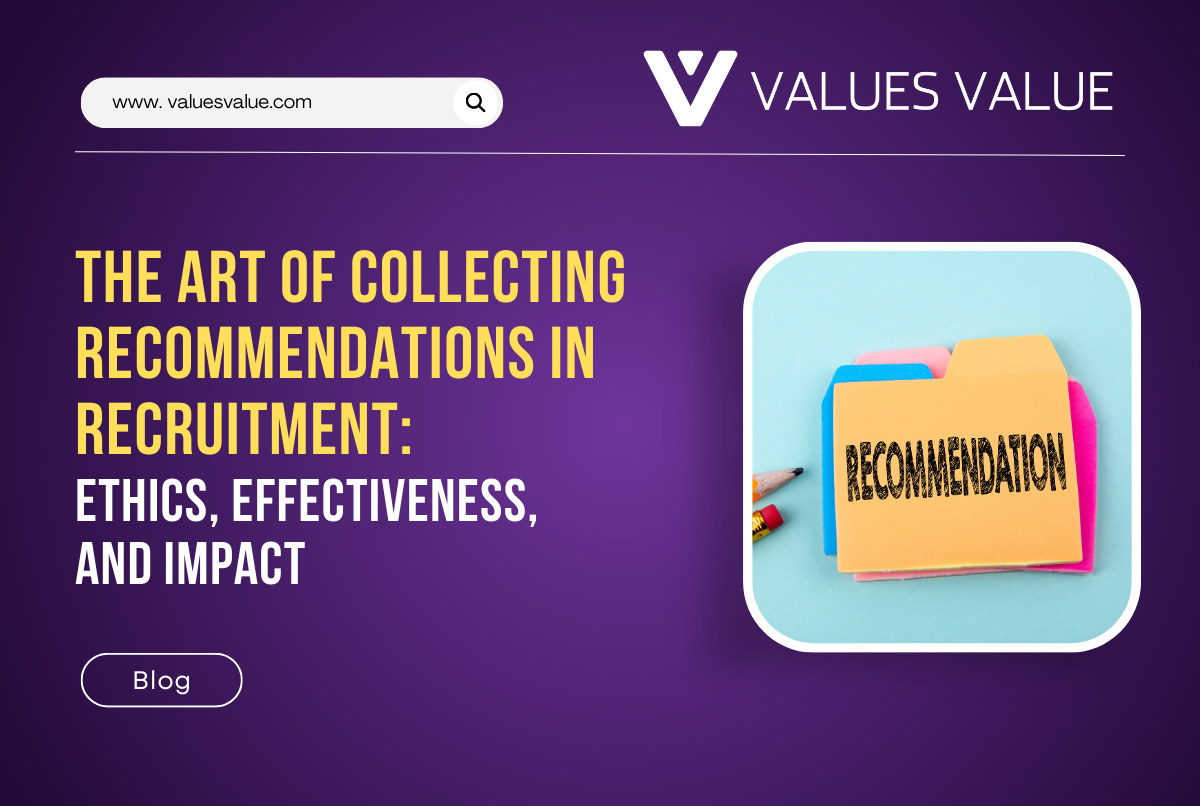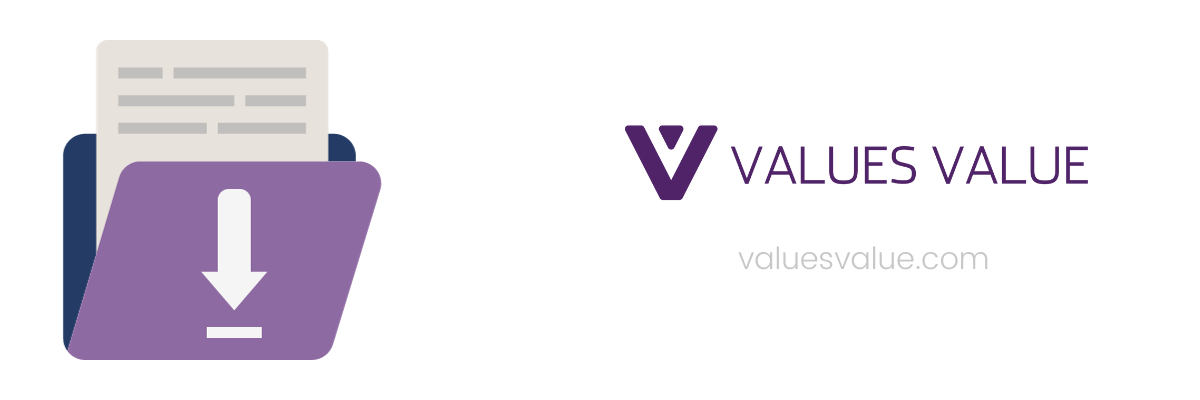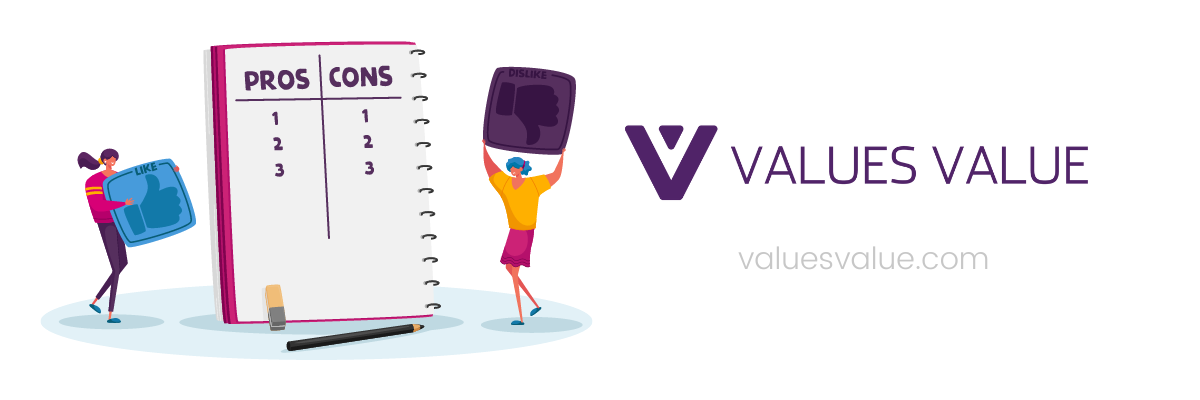
In the dynamic world of Human Resources, there exists a practice that is both essential and contentious: the collection of recommendations about a candidate. But how and why should organizations engage in this practice? Is it ethical to seek feedback on a prospective employee, and how can it be done effectively and seamlessly? And perhaps most importantly, do recommendations from former colleagues truly benefit the new team?
In this comprehensive guide, we explore the intricacies of collecting recommendations in the hiring process and offer valuable insights. Additionally, we’ve included tips for candidates on how to facilitate the recommendation-gathering process by recruiters.
Why Are Recommendations Needed?
Imagine a situation: you have a seemingly perfect candidate. They excel in communication, pass assessment tests, and have charmed the interviewers. However, the final piece of the puzzle remains incomplete – collecting recommendations.
Experience has taught us that even the most experienced and charismatic professionals can have hidden issues, such as missing deadlines, displaying rudeness to colleagues, or possessing personal traits that don’t align with the company’s values. To avoid unexpected surprises, recruiters often reach out to a candidate’s former managers, colleagues, and subordinates. The primary goal of collecting recommendations is to confirm professional achievements, construct a more comprehensive picture of the candidate’s personality, and identify potential risks.

How to Collect References
Recommendations can be gathered in various ways, depending on the convenience of both the recruiter and the reference provider.
Here are two common approaches:
- Written Requests
A polite and structured email or messenger message is sent to the reference provider. An example of a written request might look like this:
Good afternoon! I'm Maria, a recruiter for [X] Company. We are currently considering Peter for the position of Project Manager. In 2019, you worked together at [Y]. Please answer a few questions about Peter, it will take 5-10 minutes. Or if it is more convenient, you can write a recommendation in free form. 1) In what position and on what did Peter work with you? 2) Note Peter's strengths and weaknesses. 3) Describe his attitude towards work (hardworking / disciplined / did he work overtime? etc.). 4) Rate his achievements on a scale from 1 to 10. 5) What is Peter’s main motivation for his work? Why did he leave the company? 6) If you had the opportunity to work with him again, would you agree? Why? Thanks for the answers and time! Your participation will help us make an informed decision. Have a good day!
2. Verbal Communication
Recruiters can schedule a phone call, Zoom meeting, or ask for an audio recording through messaging apps to obtain feedback. Here are some sample questions for verbal reference collection:
- Tell us, in what position and what did Peter work with you on?
- What is the candidate’s strength as a specialist?
- How would you rate soft skills (communication skills, flexibility, ability to work in a team, etc.)?
- Are there any obvious weaknesses? What growth areas have you noted?
- What assistance is needed during the adaptation period in a new company?
- In your opinion, what is the candidate’s attitude towards the job? Which interests are the priority for him? Personal or collective?
- Try to rate the candidate’s achievements on a scale from 1 to 10.
Do you know the reasons for leaving the company?
Lifehacks:
- When contacting references, introduce yourself, explain the purpose of the call, and maintain a polite and pleasant tone.
- Specify the position the candidate is applying for to ensure the reference provider’s responses are contextually relevant.
- Pay attention to intonation and the speed of response during live communication to gauge the reference provider’s genuine reactions.
- When requesting written responses, agree on a timeframe for receiving feedback.
- Ask specific questions to elicit clear and distinct opinions and request real-life examples.
Ideally, seek 2-3 references from a mix of colleagues and supervisors to gather a balanced perspective. In the case of managerial positions, feedback from subordinates can be valuable, although it should be considered with caution due to potential subjectivity.
Who Should You Ask for Feedback From?
It is beneficial to ask the candidate for contact information, giving them the opportunity to consent to the collection of information and data processing. This approach fosters transparency and ethical behavior in the process.
However, you should also reach out to your own network for references, connecting with familiar professionals in the candidate’s previous workplace or through the HR department. This can help diversify the sources of feedback.

Sasha Kononenko, the Partner and Recruitment Lead at Values Value, suggests, “If we ask for recommendations only from contacts provided by the candidate, we will most likely receive only positive feedback. It is advisable to interview two or three more ex-colleagues yourself. This will help you get a more objective picture. It is important that the recommendations are relatively recent (not from people with whom the candidate has worked for five or more years). It’s not scary if there is a negative review, the main thing is that there is a balance between positive and critical feedback. If we have received more negative recommendations, but the client still wants to hire the candidate, such a decision remains entirely ‘on the conscience’ of the employer. The recruiter’s task in this case is to identify risks and assess how well the candidate will fit into the company’s culture, whether he can successfully complete the probationary period and fill the needs within his role.”

What to Do with the Collected Information
After gathering feedback from various sources, it’s essential to compile all the recommendations into a central file. Include key information such as the recommender’s name, position, and their relationship to the candidate. Also, note the company where they worked together, and provide contact details for reference verification. Finally, add the reference itself and the date of collection.
If the reference responses are vague or verbose, streamline the information by removing filler words and non-essential details to facilitate easier analysis without altering the meaning.
The Final Decision
Despite the subjectivity of recommendations, they can have a significant impact on the final hiring decision. Recommendations based on real experiences and cases carry substantial weight.
 Anna Vashchenko, the Partner and Recruitment Lead at Values Value, highlights, “Recommendations are really important when making a decision. They usually highlight the risks that we see. From the latest examples: it seemed to us that the person was more of a theorist; he could not give specifics on the results of the project. When we asked for references at a previous place of work, we were told that the person was not a producer, he was a project manager. He did not make key decisions about the product as a producer – meaning the experience he listed was not true.”
Anna Vashchenko, the Partner and Recruitment Lead at Values Value, highlights, “Recommendations are really important when making a decision. They usually highlight the risks that we see. From the latest examples: it seemed to us that the person was more of a theorist; he could not give specifics on the results of the project. When we asked for references at a previous place of work, we were told that the person was not a producer, he was a project manager. He did not make key decisions about the product as a producer – meaning the experience he listed was not true.”

Pros and Cons of Collecting Recommendations
Collecting recommendations is a standard practice in recruiting, yet it remains a topic of debate and contention. Here are some of the pros and cons associated with this practice:
Pros:
- Insightful Evaluation: Recommendations provide valuable insights into a candidate’s past performance and behavior in professional settings.
- Risk Mitigation: They help identify potential risks and discrepancies in a candidate’s claims.
- Decision Support: Recommendations can significantly influence the final hiring decision, helping recruiters make informed choices.
- Powerful Arguments: Real cases and experiences from colleagues and supervisors can be compelling arguments in favor of a candidate.
Cons:
- Subjectivity: Recommendations are inherently subjective and can be influenced by personal biases, friendships, or conflicts.
- Change Over Time: People change, and their professional conduct in new environments may differ from past experiences.
- Potential for Gossip: Some critics argue that recommendations can degenerate into collecting gossip and digging for secrets, which may not be in the best interest of the hiring process.

Candidate Perspective: How Do They Feel?
To understand how candidates feel about the process of collecting recommendations, we conducted a survey in the InGame Job channels. Here are the results:
- 56% of respondents understand and support the practice, having nothing to hide.
- 31% express nervousness and skepticism, uncertain about the trustworthiness of subjective opinions.
- 13% are strongly against it, refusing to provide recommendations.
These responses indicate a range of attitudes among candidates, with the majority being open to the practice, while a significant minority harbors concerns or resistance.
Bonus: How Candidates Can Help Recruiters Collect Recommendations
Candidates can play a proactive role in facilitating the recommendation collection process. Here are some tips for candidates:
- When departing from a previous job, request references from the project manager and a few colleagues. Use prepared lists of questions and organize the information in a single file. If possible, ask for the necessary stamps or signatures from recommenders.
- Include individuals in your reference list with whom you worked closely on projects, avoiding listing friends or acquaintances.
- Be considerate of your former colleagues’ time and send friendly requests for their assistance.
Conclusions
Collecting recommendations in the hiring process serves a crucial purpose. It confirms information about a candidate’s career achievements, provides a holistic view of their personality, and assesses potential risks. Whether gathered verbally or in written form, recommendations offer valuable insights to recruiters.
While the practice is not without its controversies, it remains an essential tool in making informed hiring decisions. The ethical collection of recommendations contributes to the success of the recruiting process and the overall benefit of the organization, ensuring that the right candidate is selected for the right role.
